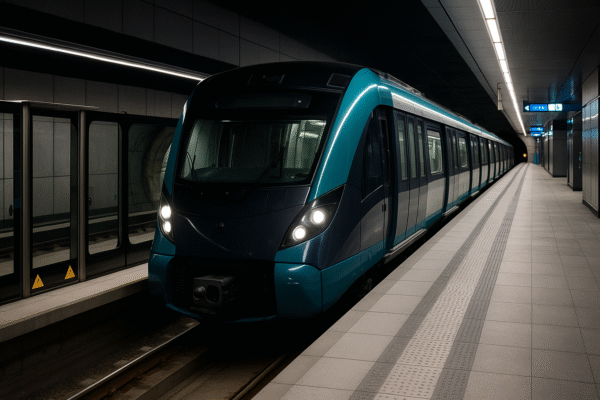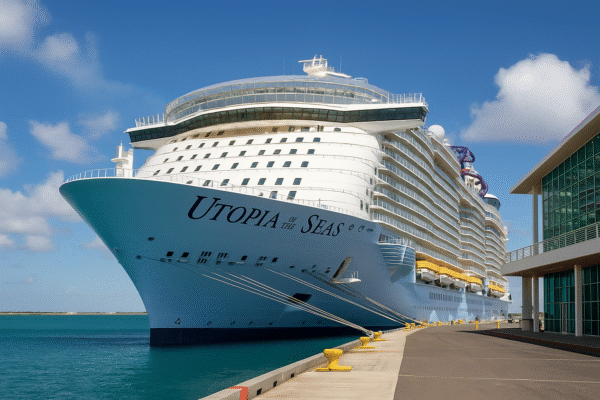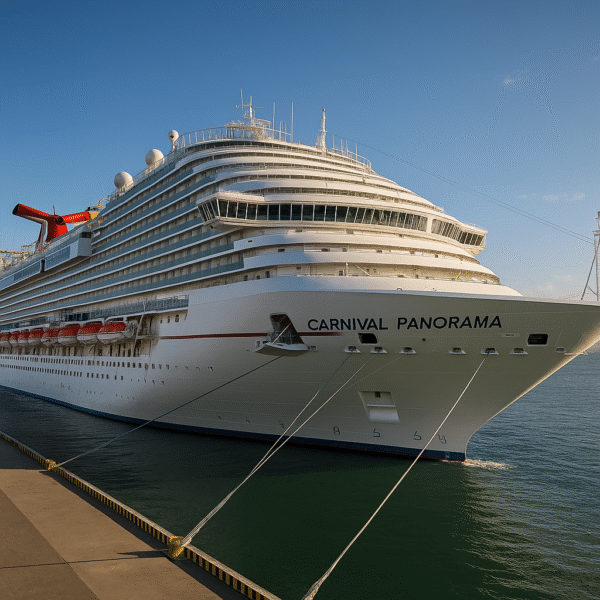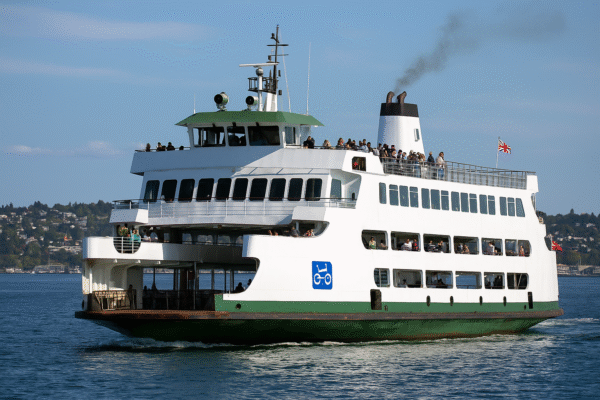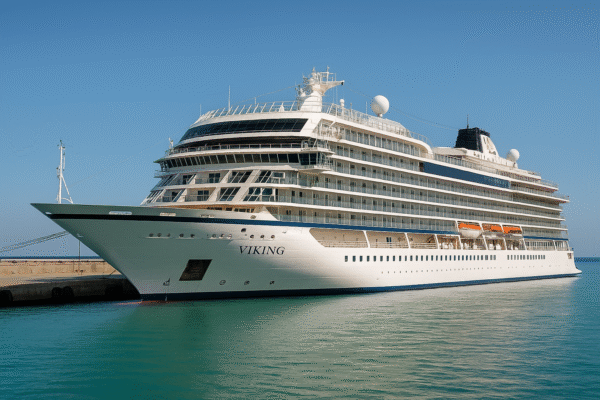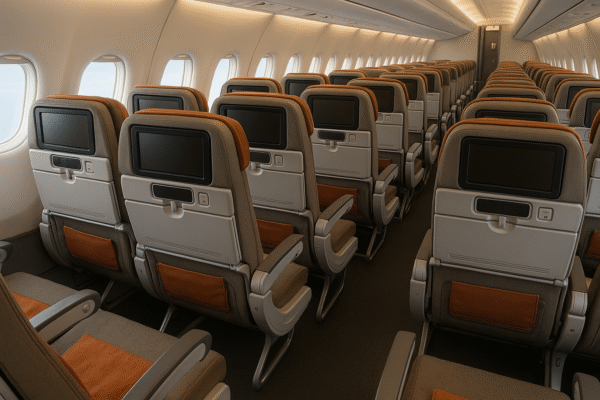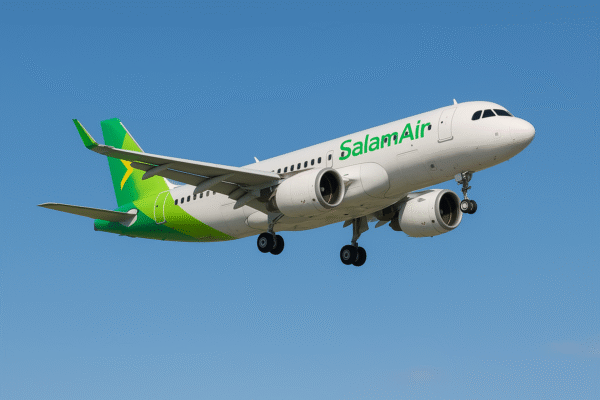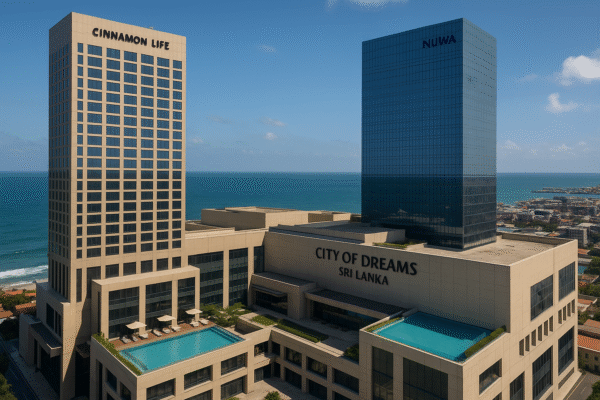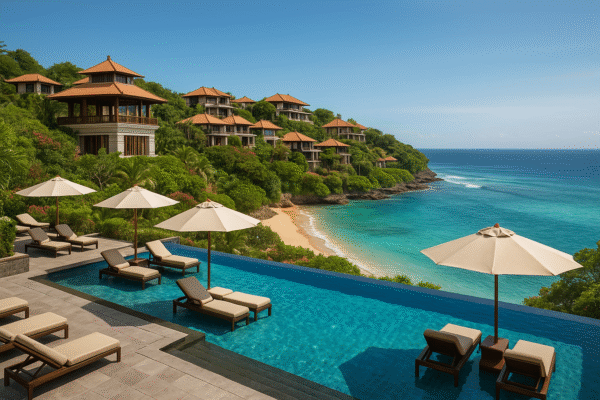Nusa Dua, Bali — In a move poised to redefine Bali’s upscale tourism offering, Hilton has announced the opening of a Waldorf Astoria property in Nusa Dua by 2027. This marks a landmark expansion for the brand in Southeast Asia and reinforces Bali’s standing as a world-class destination for luxury travelers.
Expanding Hilton’s Luxury Footprint in Southeast Asia
The decision to introduce the prestigious Waldorf Astoria brand to Nusa Dua reflects Hilton’s strategic focus on strengthening its luxury portfolio across the Asia-Pacific region. This upcoming resort follows Hilton’s regional push into iconic leisure destinations that appeal to affluent international travelers seeking exclusive and culturally rich experiences.
Guy Phillips, Senior Vice President of Development, Asia and Australasia, Hilton, stated in a press release that Bali’s rising demand for elevated accommodations made it a natural choice for Waldorf Astoria’s expansion. The Nusa Dua property will join a collection of high-profile Waldorf Astoria locations across the globe, from the Maldives and Dubai to Beverly Hills and Shanghai.
An Ultra-Luxury Guest Experience in the Heart of Bali
Positioned in Bali’s renowned Nusa Dua enclave, the new Waldorf Astoria will offer 96 luxurious suites and villas overlooking the Indian Ocean. Guests can expect bespoke service, iconic architecture, and immersive wellness and dining experiences. According to Hilton, the design of the property will be inspired by Balinese cultural traditions while offering contemporary elegance.
The resort will feature a signature Waldorf Astoria spa, multiple fine-dining outlets, infinity pools, a private beach, and advanced digital guest services tailored to the preferences of the global elite. The seamless integration of technology, privacy, and cultural immersion is expected to attract high-net-worth individuals and celebrities alike.
Catalyzing Economic Growth and Community Development
Beyond its tourism appeal, the resort is expected to significantly contribute to the local economy. The development will generate hundreds of construction jobs and, upon opening, create long-term employment in hotel operations, culinary arts, wellness services, and cultural programming.
The presence of a world-renowned luxury brand in Nusa Dua will also have a multiplier effect on Bali’s tourism infrastructure, encouraging further high-end developments, partnerships with local businesses, and increased visitor spending.
Indonesia’s Ministry of Tourism and Creative Economy has welcomed Hilton’s investment, noting that it aligns with the government’s goals of diversifying tourism offerings and attracting quality-driven international arrivals.
Sustainability and Responsible Tourism at the Core
In keeping with Hilton’s Travel with Purpose global initiative, Waldorf Astoria Bali will incorporate sustainable development principles from construction through to operations. The resort will emphasize the use of renewable energy sources, local materials, and waste reduction strategies, ensuring minimal environmental impact.
Hilton’s commitment to eco-conscious luxury reflects evolving consumer preferences and Indonesia’s broader efforts to position Bali as a sustainable tourism leader. The resort is expected to earn green building certifications, aligning with national and international climate action goals.
Celebrating Balinese Culture Through Authentic Design
The architecture and guest programming will be rooted in Balinese heritage. From intricate wood carvings and open-air courtyards to curated local experiences like traditional dance performances, artisanal workshops, and farm-to-table Balinese cuisine, Waldorf Astoria Bali will honor its locale while offering global sophistication.
This focus on cultural storytelling serves to educate international guests and generate deeper respect for Bali’s spiritual and artistic traditions. It also enables local craftspeople, chefs, and performers to showcase their talents to a discerning global audience.
Tech-Driven Excellence in Hospitality
The resort will leverage Hilton’s global tech innovations, including AI-powered concierge platforms, keyless room access, voice-enabled services, and personalized wellness programs. These technologies are designed to offer seamless luxury while maintaining a human-centered experience.
In a post-pandemic hospitality landscape where privacy, personalization, and health security are paramount, these features will allow Waldorf Astoria Bali to remain at the forefront of luxury travel trends.
Supporting Long-Term Tourism Growth in Bali
The opening of Waldorf Astoria Bali comes amid Indonesia’s ambitious plans to diversify and elevate its tourism sector beyond mass travel. Bali remains the country’s flagship destination, and high-value tourism investments like Hilton’s are expected to boost foreign exchange earnings, extend average length of stay, and enhance infrastructure and air connectivity.
According to the Bali Provincial Tourism Office, the island welcomed over 4.3 million foreign visitors in 2024, and that number is projected to rise with the expansion of Bali’s Ngurah Rai International Airport and the introduction of new luxury offerings like Waldorf Astoria.
Conclusion: A Defining Milestone for Indonesia’s Luxury Tourism Future
Set against the backdrop of white sand beaches and rich cultural traditions, the Waldorf Astoria Bali Nusa Dua promises to be a pinnacle of ultra-luxury hospitality in Southeast Asia. With its emphasis on bespoke service, cultural authenticity, and sustainable development, Hilton’s newest venture is more than just a resort—it’s a signal of Bali’s rising prominence on the global luxury tourism map.
As Hilton continues to expand its presence in the region, travelers can look forward to ever more refined, responsible, and immersive experiences in Indonesia’s Island of the Gods.
For more travel news like this, keep reading Global Travel Wire

